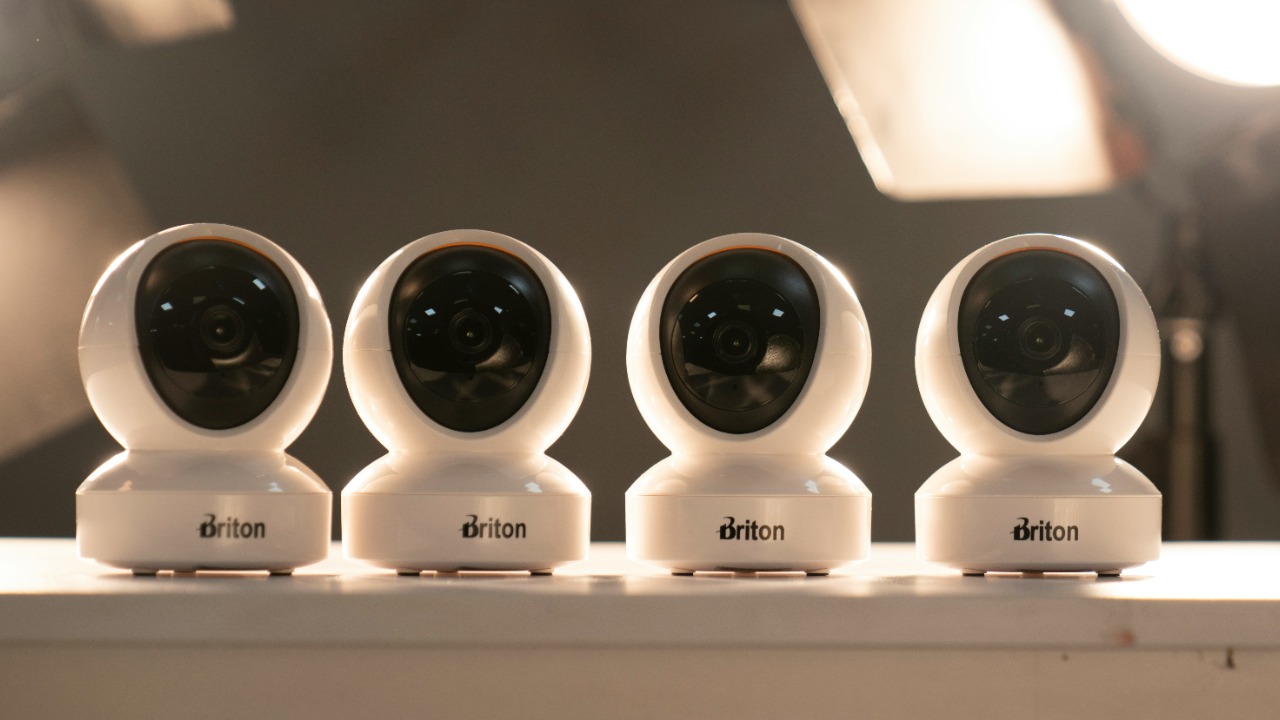
In today’s hyper-connected world, many gadgets are designed to connect to Wi-Fi for enhanced functionality. However, not every device benefits from this connection. In fact, some should be kept offline for security and privacy reasons. Let’s explore which gadgets are best left disconnected from your home network.
Smart Locks
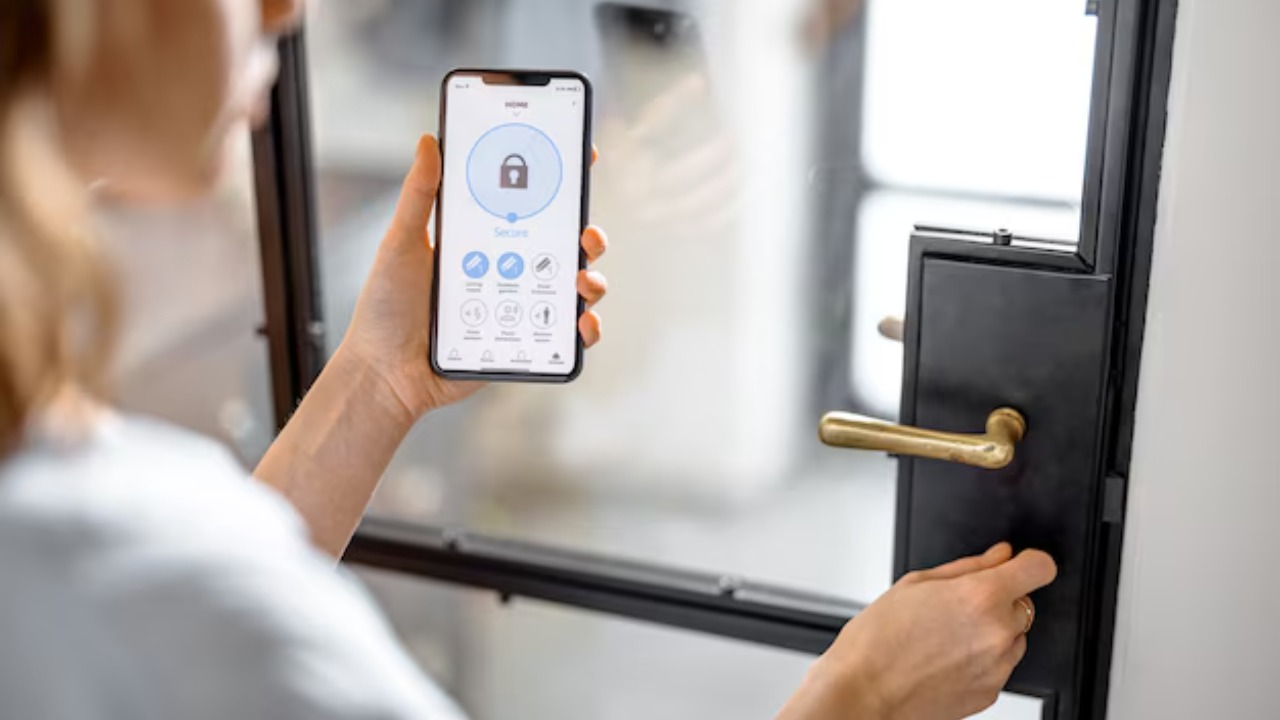
While smart locks offer convenience by allowing you to unlock your door remotely, they also pose significant security risks. If connected to Wi-Fi, these locks can become vulnerable to hackers, potentially granting unauthorized access to your home. A compromised lock can defeat the basic purpose of securing your premises.
Instead of connecting these locks to Wi-Fi, consider using Bluetooth-enabled locks which offer similar convenience without the added risk of internet exposure. Always ensure your lock firmware is up-to-date to mitigate potential vulnerabilities.
Baby Monitors
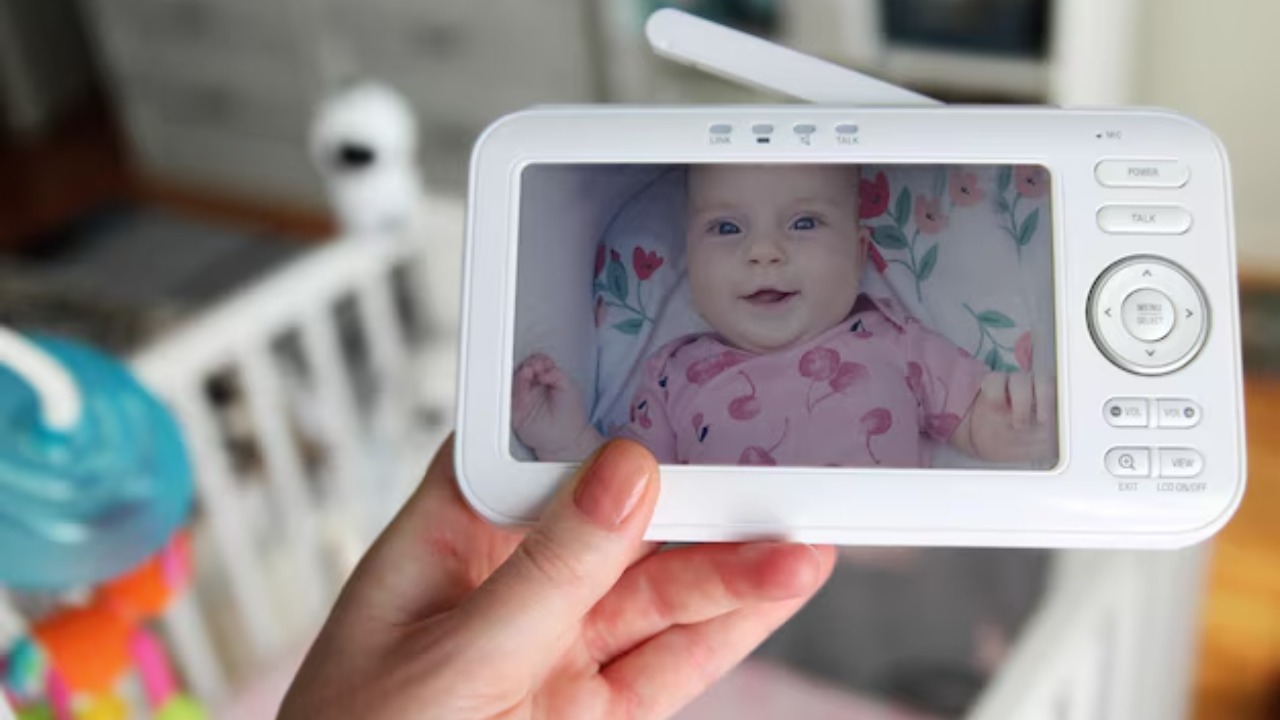
Internet-connected baby monitors can offer peace of mind by allowing you to check on your child from anywhere. However, they also pose a privacy risk as they can be hacked, allowing strangers to eavesdrop or watch your child. This risk is heightened if default passwords are not changed.
To safeguard your family’s privacy, it’s wise to opt for local-only baby monitors that do not require Wi-Fi. Additionally, ensure that any monitor you use has strong encryption and regularly update its software to protect against vulnerabilities.
Home Security Cameras
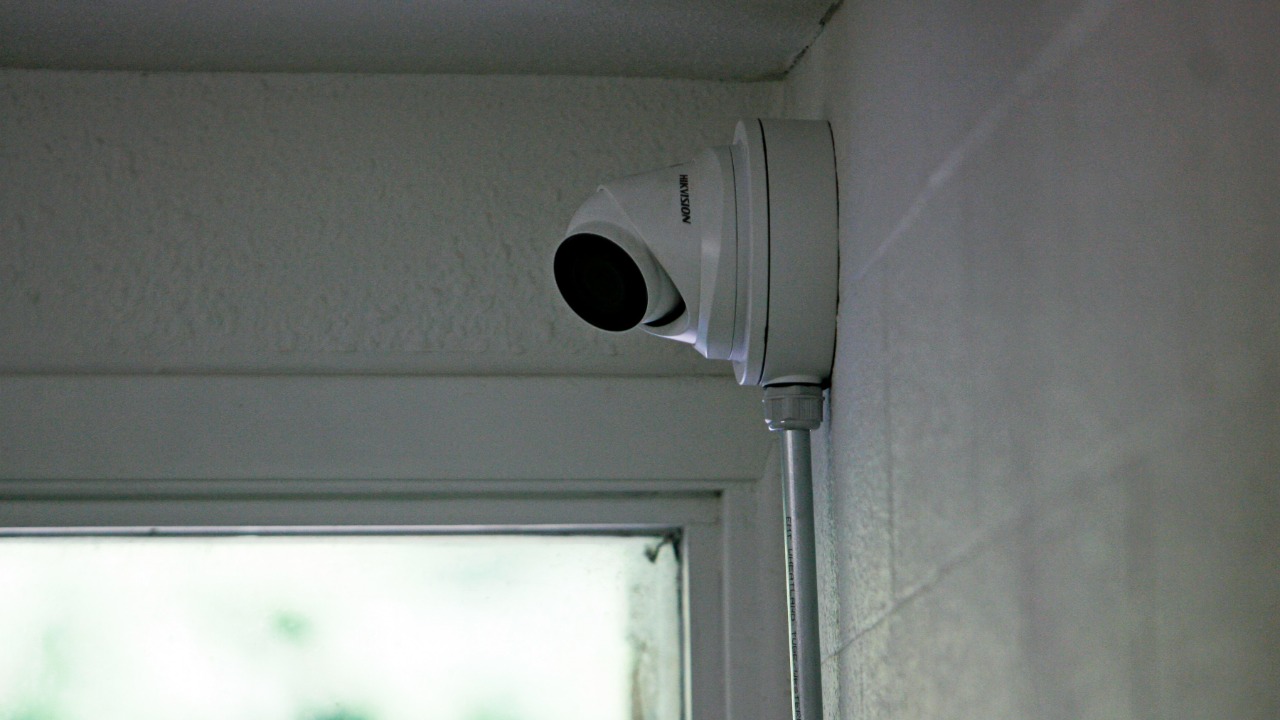
Home security cameras are essential for monitoring your property, but connecting them to Wi-Fi can open the door to unauthorized access. Cybercriminals can exploit these connections to spy on your daily activities or disable the camera, defeating its purpose.
For enhanced security, consider cameras that save footage locally rather than on the cloud. If you must use Wi-Fi-enabled cameras, ensure they are secured with strong passwords and two-factor authentication. Regularly updating their firmware can also help protect against breaches.
Smart TVs
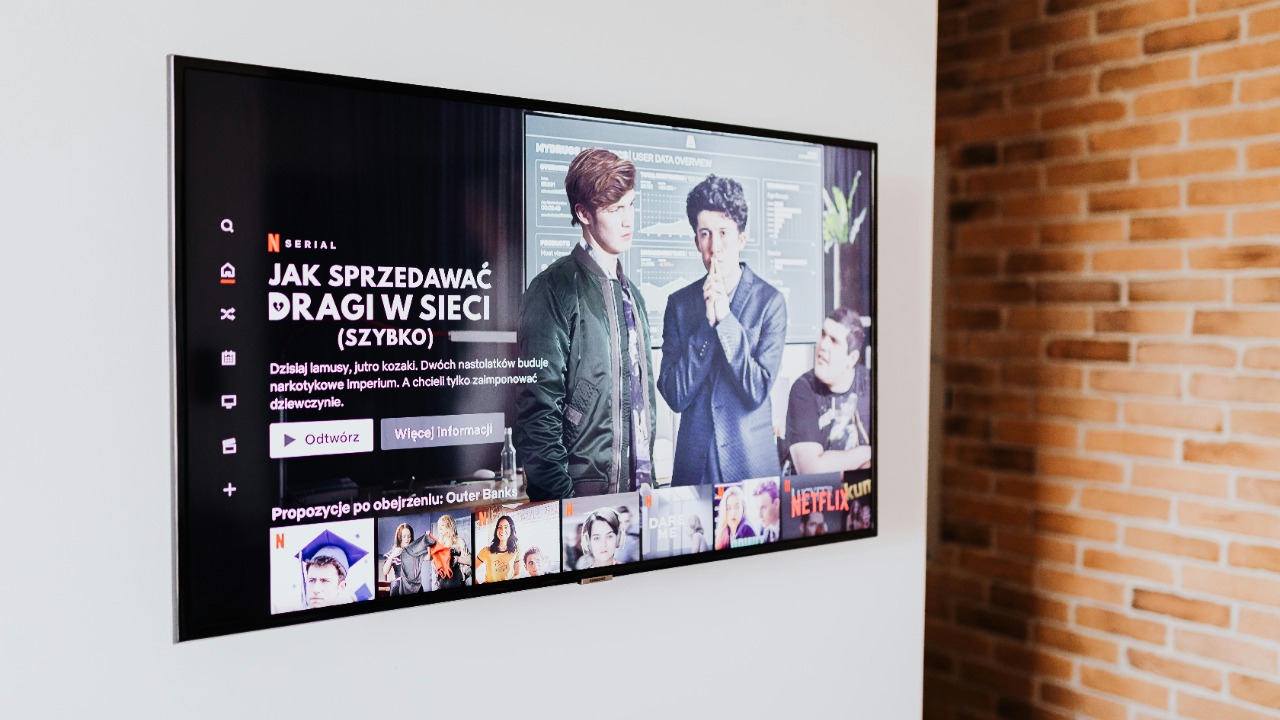
Smart TVs offer streaming capabilities and internet browsing straight from your living room, but they can also become a gateway for hackers. If compromised, they can be used to access other devices on your network and steal personal information.
To minimize risks, consider using a wired connection for your smart TV or limit its internet access. Regularly update its software and adjust privacy settings to limit data collection by manufacturers.
Wireless Printers
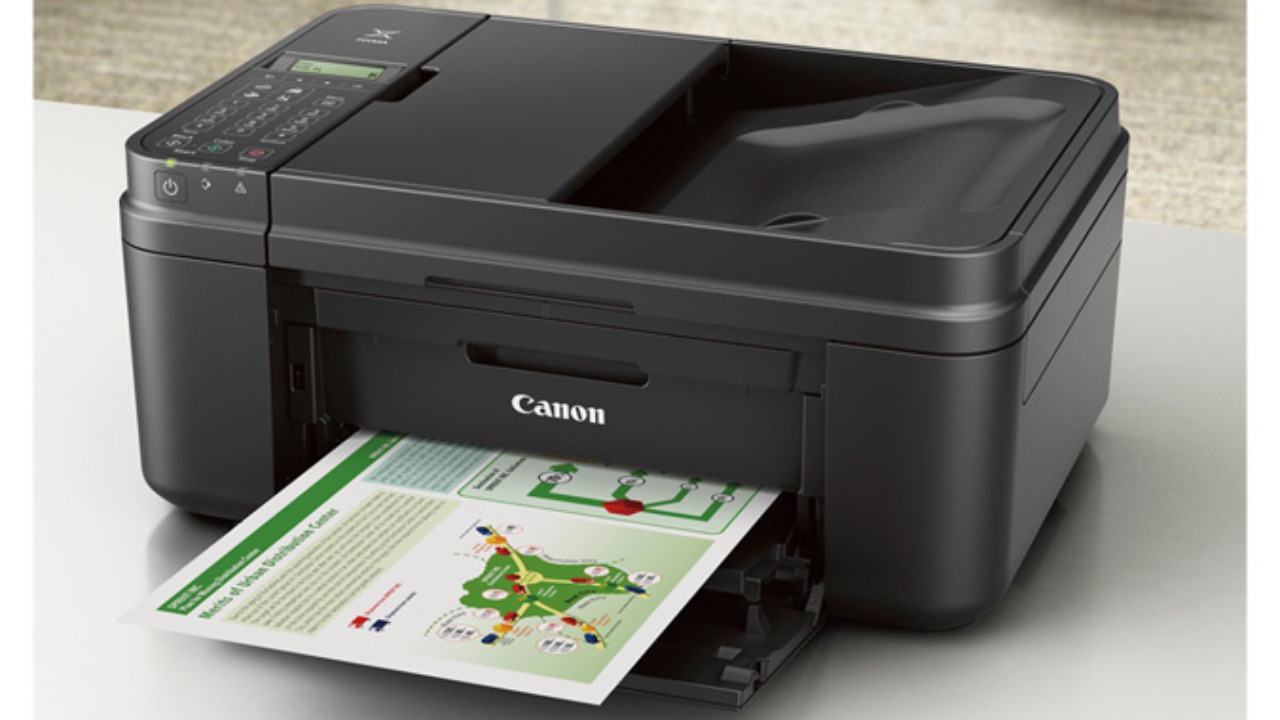
While wireless printers offer the convenience of printing from anywhere in your home, they also pose security risks. If left unsecured, they can be accessed by outsiders, potentially exposing your documents and network.
To mitigate these risks, consider using a USB connection instead of Wi-Fi or securing your printer with strong passwords and encryption. Regularly updating your printer’s firmware can also help protect against vulnerabilities.
Digital Assistants
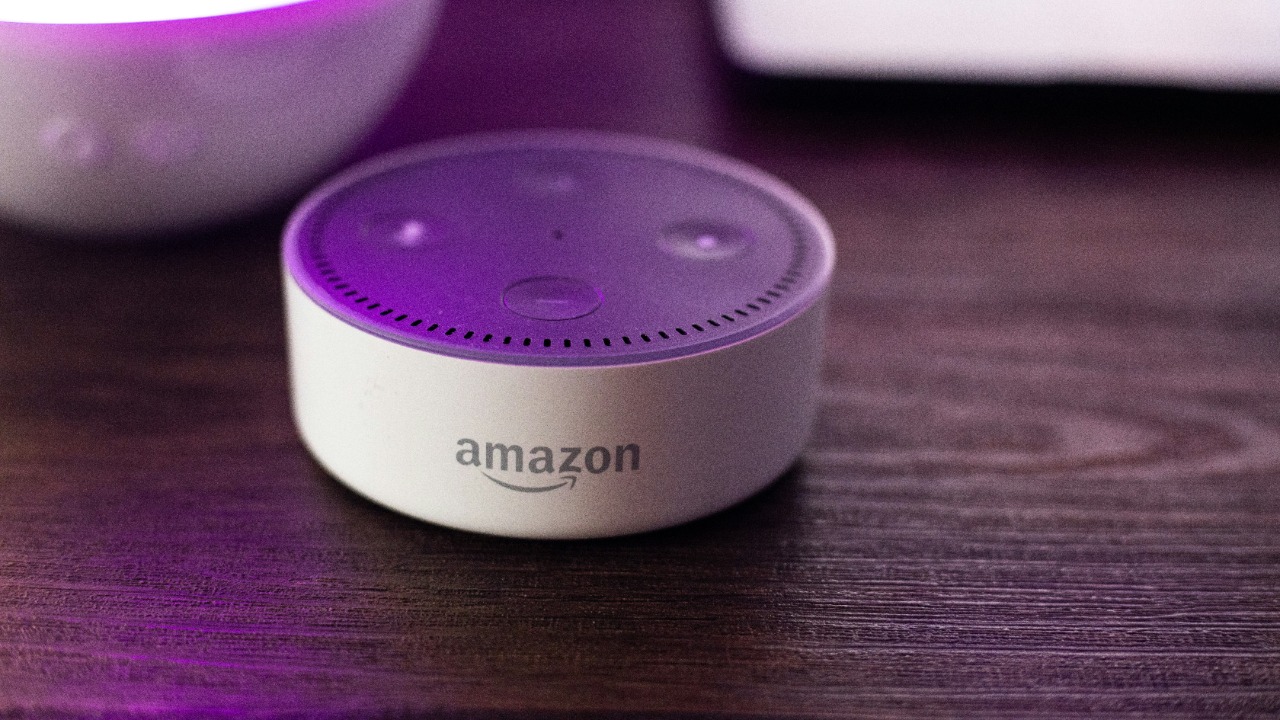
Devices like Amazon Echo or Google Home can make life easier with voice commands, but they also constantly listen for activation phrases, raising privacy concerns. When connected to Wi-Fi, these devices can potentially record and store conversations, which could be accessed by hackers.
To protect your privacy, consider disabling the microphone when not in use or opting for devices that do not rely on Wi-Fi. Regularly reviewing and deleting stored voice data can further enhance your security.
Smart Refrigerators
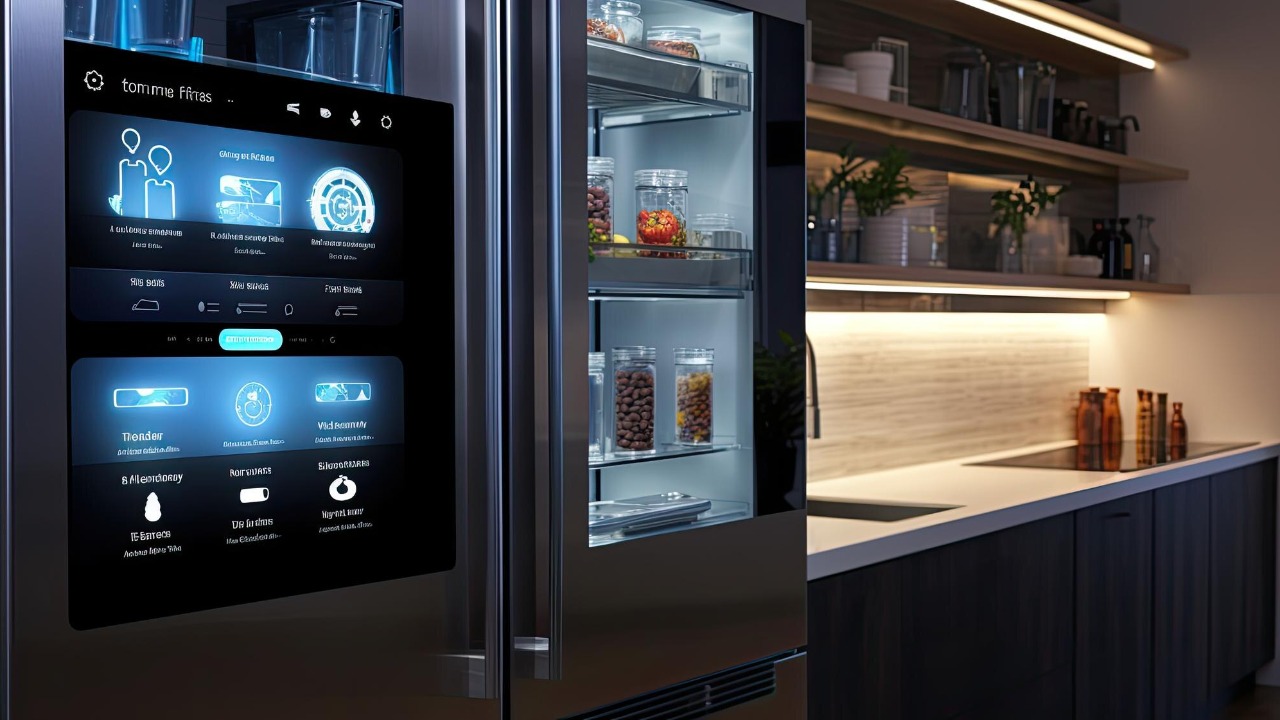
Smart refrigerators offer innovative features like inventory tracking and recipe suggestions, but they also introduce privacy and security risks. When connected to Wi-Fi, they can become a target for cyberattacks, potentially compromising your entire network.
Instead of connecting your fridge to Wi-Fi, consider using its smart features offline or limiting its internet access. Regularly update the fridge’s software to safeguard against potential vulnerabilities. For more on how Wi-Fi signals can be disrupted, you can read about factors affecting Wi-Fi.